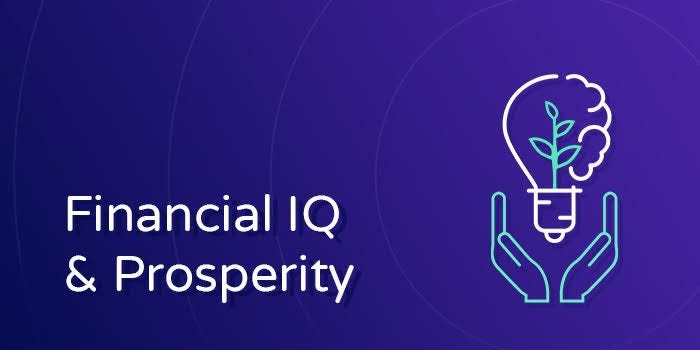
Two credit finance experts say financial literacy is crucial in school curriculums and empowers businesses as well as individuals to navigate lending.
They said this at the First Central Credit Bureau event on Thursday in Lagos with the theme: “Exploring Credit Opportunities and Boosting Financial Literacy in a Challenging Economy”.
They also said this enhances economic development, enabling informed financial decisions and stability.
Mr Gbemi Adelekan, Managing Director, Tragalfar (Kwikpay Credit), said that only 38 per cent of Nigerians were financially literate, with 40 million Nigerians financially excluded.
He said that while the financial landscape in Nigeria was evolving rapidly, many Nigerians lacked basic financial knowledge, affecting economic growth.
Adelekan said this limited financial knowledge impacted credit access, hence the need for solutions and initiatives to improve financial literacy.
He added that financial literacy was especially low in rural areas and among youth, with many people falling into debt traps, financial fraud, and scams.
“A large portion of Nigerians have not received proper financial education, limiting their ability to make informed financial decisions.
“Despite efforts, around 40 million Nigerians remain financially excluded, leaving a significant gap in the formal financial system.
“While financial knowledge can drive inclusion, without proper guidance, individuals may still fall victim to fraud and illegal financial schemes.
“Financial education is not widely integrated into formal curricula, making it difficult for young Nigerians to acquire essential money management skills,” he said.
Adelekan stressed the need to leverage technology, saying digital financial technology, driven by increasing internet penetration, has emerged as a key driver and solution to enhance financial inclusion in Nigeria.
He advocated that financial education should start at a young age through structured learning, as such initiatives would have a significant impact on the country’s economic future.
“Financial literacy can be a catalyst for economic revitalisation.
“Financial literacy will break the cycle of poverty, create jobs, foster entrepreneurship, support national development, and encourage responsible financial decisions, among others.
“While digital loans play a crucial role in expanding credit access, government regulation is needed to protect borrowers and lenders,” he said.
Dr Oladimeji Peters, Managing Director, First Central Credit Bureau, noted that long-term financial success was rooted in continuous learning about financial products, including credit options.
This, he said, could empower individuals to make informed choices.
Peters added that understanding the basics of finances, such as budgeting and credit utilisation, was essential for anyone looking to achieve financial stability in uncertain economic climates.
According to him, a broader understanding of economic factors affecting financial management can aid individuals in making strategic decisions about credit and investment opportunities.
“Utilising budgeting tools, apps, and financial advisors can enhance your financial acumen, ensuring that you are well-prepared for any economic opportunities.
“In challenging economic periods, enhancing financial skills can foster resilience, and knowledge about credit and financial planning can safeguard against financial pitfalls,” he said.
Peters called on businesses to stay updated with general trends in financial literacy that could provide insights into effective strategies for managing finances and improving creditworthiness.
He added that they must understand the role credit scores play in determining an individual’s ability to secure loans and credit, significantly influencing financial decisions made in a challenging economy.
“A higher credit score opens doors to better financial products, impacting choices such as mortgage rates, credit limits and insurance premiums.
“Boosting financial literacy, particularly regarding credit scores, empowers individuals to make informed decisions, improving their economic circumstances.
“Engaging in financial education programmes can provide essential skills for managing finances and understanding credit terms, ultimately leading to better decision-making,” he said. (NAN)




